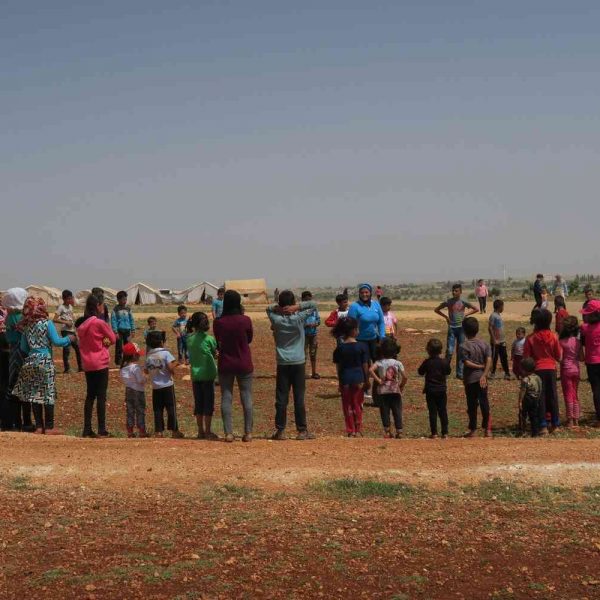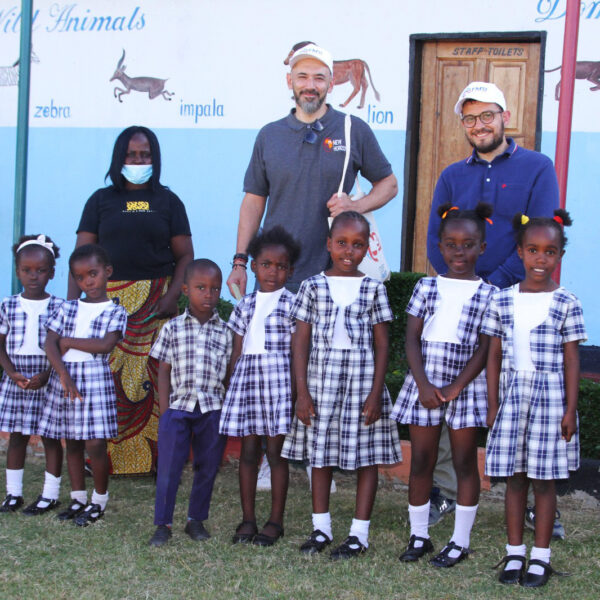On the occasion of its 15th anniversary, FMSI established the annual “A Better World For Children” Award and the first award-winning project was MAISHA MAPYA – A New Life in Beni, a project implemented in the North Kivu Region of the Democratic Republic of Congo. The project was implemented by the local fraternity of Lay Marists Coeur Sans Frontières (CSF) in collaboration with BICE (Bureau International Catholique de l’Enfance) and is aimed at children who are victims of attacks by armed militias in the territory of Beni and the neighbouring province of Ituri: these are children who have lost everything, been orphaned or separated from their parents while fleeing their villages, and have witnessed massacres, looting, burning of their homes and violence of all kinds. The project aims to cure them of the trauma and reintegrate them into the community through a comprehensive action that includes psychosocial support and the implementation of Resilience workshops to overcome the trauma, as well as hospitality and medical care at specialised facilities, accompaniment in the search for their parents and reintegration into school, and home visits to monitor the children’s progress.
All the above-mentioned activities are carried out in cooperation with the host communities, local and national authorities (Service urbain des affaires sociales de la Division provinciale des Affaires Sociales, Ministère du Genre, Famille et Enfants) some local NGOs, the Red Cross and Médecins Sans Frontières.
The project also included the training of local resilience workers by a Togolese BICE trainer in order to be able to work more effectively with children in extremely vulnerable situations. Thanks to the work done, children who were previously silent and as if in a catatonic state have started to speak and smile again. They actively participate in games and other educational activities and cooperate with others, even in daily life.
Thanks to the play-based methodology, many children who had never been to school and had difficulty using a pencil and drawing, gained confidence not only with the help of the educators but also from the other children. Since some of the children were very shy and did not speak, it was necessary to run the same educational workshop up to three times for them to be able to open up and participate, overcoming isolation.
At present, some of them live with foster families, four have been reunited with their families of origin (one is waiting for family reunification), twenty-nine live with close relatives (since their parents were murdered), fifteen live with one of their parents (the other was murdered), almost all of them are still being psychologically monitored and helped in their gradual integration into school.
Thanks to this project, where there has been violence and families decimated and dispersed, a new community of welcoming families has been created. The children themselves, with the help of the educators, have been able to transform their enormous suffering into mutual help and new hope. But once again they make us say: no more violence, no more bloodshed, let the children live their childhood, the right of all.




